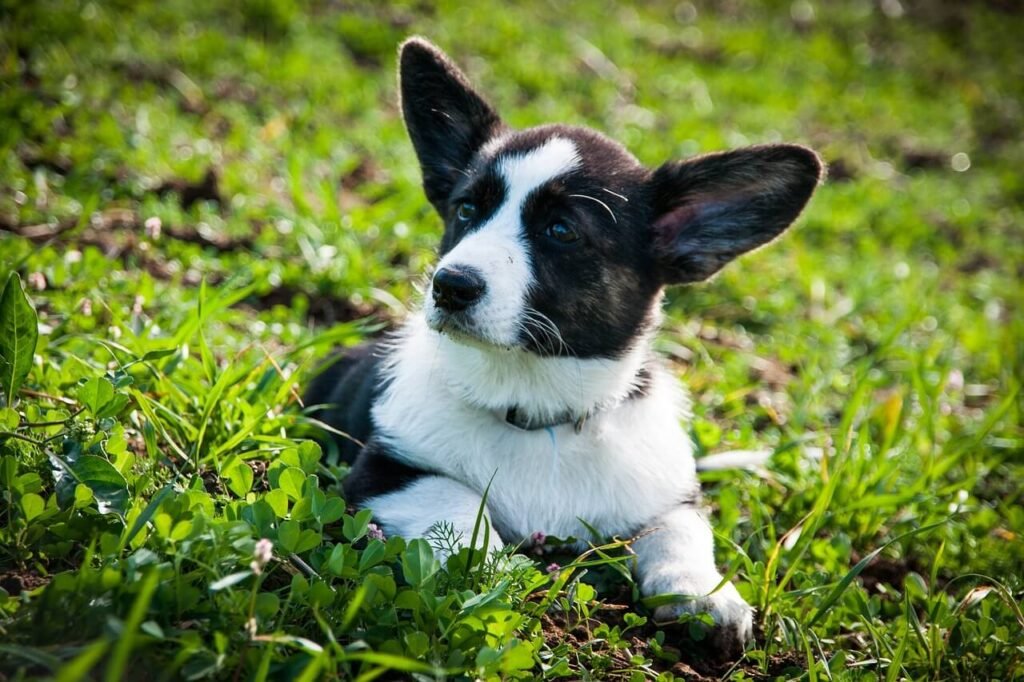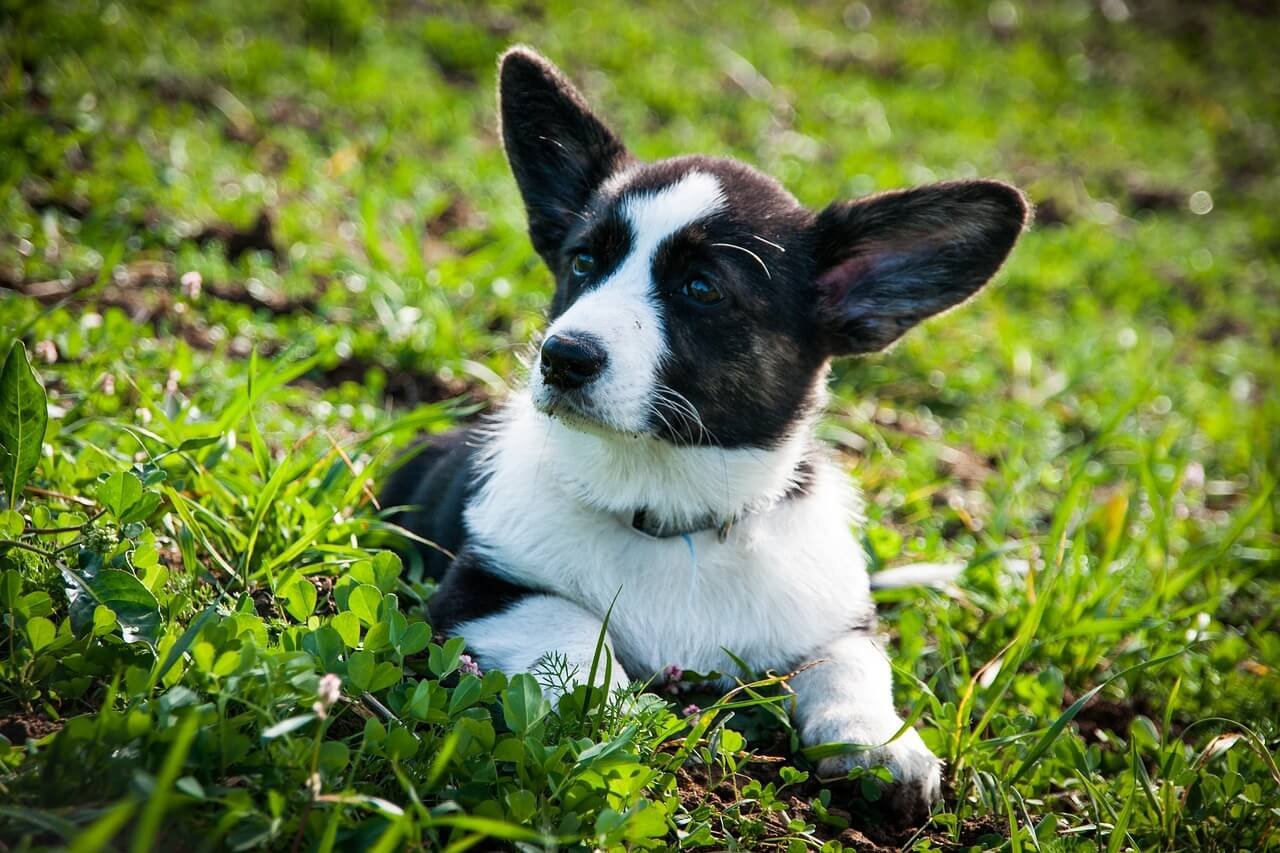When Is Dog Diarrhea an Emergency?
Diarrhea is one of the most common health issues dog owners encounter, and while it’s often mild and resolves on its own, there are times when it can indicate a serious underlying problem. Knowing how to distinguish between a minor upset stomach and a true emergency is crucial for ensuring your dog’s well-being. Factors such as frequency, duration, accompanying symptoms, and your dog’s overall health play a significant role in determining the severity of the situation. In this guide, we’ll explore everything you need to know about identifying when dog diarrhea requires immediate veterinary attention, helping you make informed decisions and keep your furry friend safe.
Signs That Dog Diarrhea Is an Emergency
Not all cases of diarrhea are created equal. Some symptoms signal that your dog needs urgent care to prevent complications or worsening conditions. Here’s what to watch for:
Blood or Mucus in Stool:
The presence of bright red blood or black, tarry stools can indicate internal bleeding or severe gastrointestinal distress.Persistent Vomiting:
If your dog is vomiting repeatedly alongside diarrhea, they may be at risk of dehydration or a serious infection.Lethargy or Weakness:
A lack of energy, unresponsiveness, or difficulty standing could point to systemic illness or organ dysfunction.Abdominal Pain or Swelling:
Signs of discomfort, such as whining, panting, or a distended belly, may suggest bloat or other life-threatening conditions.Dehydration Symptoms:
Dry gums, sunken eyes, or skin that doesn’t snap back when pinched indicate severe dehydration requiring immediate treatment.
Recognizing these red flags ensures you act quickly to protect your dog’s health during critical moments.

Common Causes of Dog Diarrhea
Understanding the potential causes of diarrhea can help you determine whether your dog’s condition is serious or manageable at home. Here are some frequent culprits:
Dietary Changes:
Sudden shifts in food or consuming unfamiliar items can upset your dog’s digestive system temporarily.Food Intolerances or Allergies:
Certain ingredients may trigger adverse reactions, leading to chronic or recurring diarrhea.Ingestion of Foreign Objects:
Dogs who swallow non-food items like toys or socks may experience blockages that cause diarrhea and require surgery.Parasites or Infections:
Worms, giardia, or bacterial infections can lead to persistent diarrhea and often need medical intervention.Underlying Health Conditions:
Diseases like pancreatitis, kidney failure, or inflammatory bowel disease can manifest through gastrointestinal symptoms.
Identifying the root cause of your dog’s diarrhea allows you to address the issue effectively and seek appropriate care when needed.
Check this guide 👉Rice for Dog Diarrhea: Best 7 Expert Tips!
Check this guide 👉Dog Diarrhea After Food Change: Best 7 Expert Tips!
Check this guide 👉Can Cheese Give a Dog Diarrhea? Best 7 Expert Tips!
When to See a Vet Immediately | When It Might Be Manageable at Home |
|---|---|
Blood or mucus in stool | Mild, occasional diarrhea without other symptoms |
Persistent vomiting | Recent dietary changes |
Lethargy or weakness | No signs of pain or discomfort |
Severe dehydration | Normal appetite and energy levels |
Abdominal swelling or pain | Diarrhea resolves within 24 hours |
Steps to Take if Your Dog Has Diarrhea
If your dog develops diarrhea, taking the right steps can help alleviate their discomfort and prevent complications. Follow these guidelines to ensure proper care:
Withhold Food Temporarily:
Fasting your dog for 12-24 hours (with access to water) gives their digestive system time to rest and recover.Reintroduce Bland Food Gradually:
Offer small portions of plain boiled chicken and rice once fasting is complete to ease their stomach back into normal eating habits.Monitor Hydration Levels:
Ensure your dog drinks plenty of water to stay hydrated, especially if diarrhea persists for more than a day.Avoid Feeding Problematic Foods:
Steer clear of fatty, spicy, or rich foods that could worsen your dog’s condition.Observe for Improvement:
Keep track of your dog’s symptoms and behavior over the next 24-48 hours to assess whether they’re improving or deteriorating.
By following these steps, you can provide supportive care while determining whether further action is necessary.
Preventive Measures to Reduce the Risk of Diarrhea
Prevention is always better than cure, and there are several ways to minimize the likelihood of your dog experiencing diarrhea. These proactive steps promote long-term digestive health:
Stick to a Consistent Diet:
Avoid sudden changes in your dog’s food and introduce new ingredients gradually over 7-10 days.Supervise Outdoor Activities:
Prevent your dog from eating garbage, plants, or other harmful substances during walks or playtime.Keep Up with Parasite Prevention:
Regular deworming and flea/tick treatments reduce the risk of parasite-related diarrhea.Provide High-Quality Nutrition:
Feed your dog a balanced diet tailored to their age, size, and activity level to support optimal digestion.Schedule Routine Vet Checkups:
Regular veterinary exams help detect and address potential health issues before they escalate.
Implementing these preventive strategies keeps your dog healthy and reduces the chances of encountering diarrhea-related emergencies.
Potential Complications of Untreated Diarrhea
Ignoring persistent or severe diarrhea can lead to serious complications that jeopardize your dog’s health. Understanding these risks emphasizes the importance of timely intervention:
Severe Dehydration:
Prolonged fluid loss can result in kidney damage, electrolyte imbalances, and even organ failure.Malnutrition:
Chronic diarrhea prevents proper nutrient absorption, leading to weight loss and weakened immunity.Intestinal Damage:
Ongoing inflammation or infections can harm the lining of the intestines, causing long-term digestive issues.Toxin Exposure:
Undiagnosed ingestion of toxic substances can progress rapidly, posing a life-threatening risk.Spread of Infectious Diseases:
Contagious pathogens causing diarrhea can spread to other pets or humans if left untreated.
Addressing diarrhea promptly minimizes the risk of these complications and promotes faster recovery.
How to Comfort Your Dog During Recovery
Caring for your dog during a bout of diarrhea involves more than just treating the physical symptoms—it also includes providing emotional support and comfort. Here’s how to nurture your pup back to health:
Create a Calm Environment:
Limit stressors by keeping your dog in a quiet, familiar space where they feel safe and relaxed.Offer Gentle Affection:
Reassure your dog with soft petting or soothing words to boost their confidence and morale.Maintain Routine Walks:
Short, leashed walks allow your dog to relieve themselves without overexertion.Ensure Access to Clean Water:
Keep fresh water available at all times to encourage hydration and aid recovery.Monitor Behavior Closely:
Pay attention to any changes in mood or activity levels, as these may signal improvement or worsening conditions.
Providing holistic care helps your dog recover physically and emotionally, strengthening your bond along the way.
When to Consider Diagnostic Testing
In cases of persistent or recurrent diarrhea, diagnostic testing may be necessary to uncover hidden health issues. These tests provide valuable insights into your dog’s condition:
Fecal Analysis:
Examining stool samples identifies parasites, bacteria, or viruses contributing to diarrhea.Blood Tests:
Bloodwork detects signs of infection, inflammation, or organ dysfunction that may not be visible externally.Ultrasound Imaging:
An abdominal ultrasound reveals structural abnormalities, tumors, or blockages affecting the digestive tract.Endoscopy Procedures:
Visual examination of the gastrointestinal tract helps diagnose conditions like ulcers or inflammatory bowel disease.Allergy Testing:
Identifying food sensitivities allows you to tailor your dog’s diet and eliminate triggers causing chronic diarrhea.
Diagnostic tools enable veterinarians to pinpoint the exact cause of diarrhea and develop targeted treatment plans.
FAQ
How long does dog diarrhea usually last?
In most cases, mild diarrhea resolves within 24-48 hours. If it persists beyond this timeframe, consult your veterinarian.
Can I give my dog over-the-counter medications for diarrhea?
It’s best to avoid giving human medications without veterinary guidance, as they can sometimes do more harm than good.
What foods should I avoid feeding my dog to prevent diarrhea?
Foods high in fat, dairy products, and anything containing artificial additives or spices are common culprits.
Does stress really cause diarrhea in dogs?
Yes, stress and anxiety can disrupt a dog’s digestive system, leading to loose stools.
Is diarrhea contagious between dogs?
If caused by parasites or infections, diarrhea can spread to other dogs. Proper hygiene and isolation are recommended in such cases.
Prioritizing Your Dog’s Digestive Health
Dog diarrhea is a common issue, but knowing when it becomes an emergency empowers you to act swiftly and responsibly. By recognizing warning signs, understanding potential causes, and implementing preventive measures, you can safeguard your dog’s well-being and minimize the impact of gastrointestinal upsets. Remember, your veterinarian is always your best resource when in doubt—don’t hesitate to reach out for professional advice. With vigilance and care, you can ensure your beloved companion stays happy, healthy, and free from unnecessary discomfort.
Do Cats Have Taste Buds? Best 7 Expert Tips! – Discover how cats experience flavors and why their taste is so unique.
Do Dogs Have Taste Buds? Best 7 Expert Tips! – Discover how dogs experience taste, their preferences, and what it means for their diet and health.
Can Cats Taste Sweet? Best 7 Expert Tips! – Discover why cats can’t taste sweetness, how it affects their diet, and tips to keep them healthy and happy.
Can Dogs Taste Sweet? Best 7 Expert Tips! – Discover how dogs perceive sweetness, which foods are safe, and tips to manage their sweet cravings responsibly.





